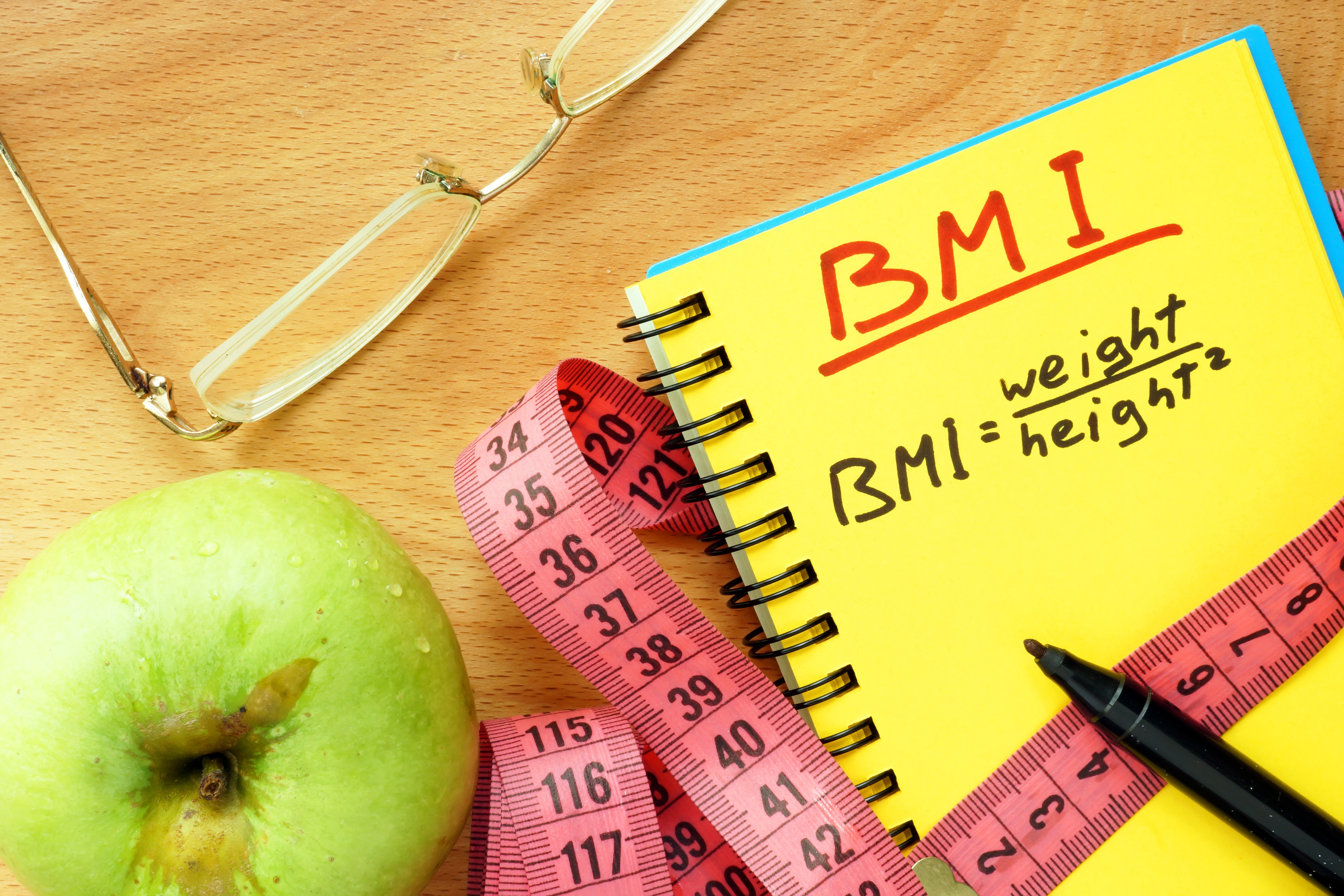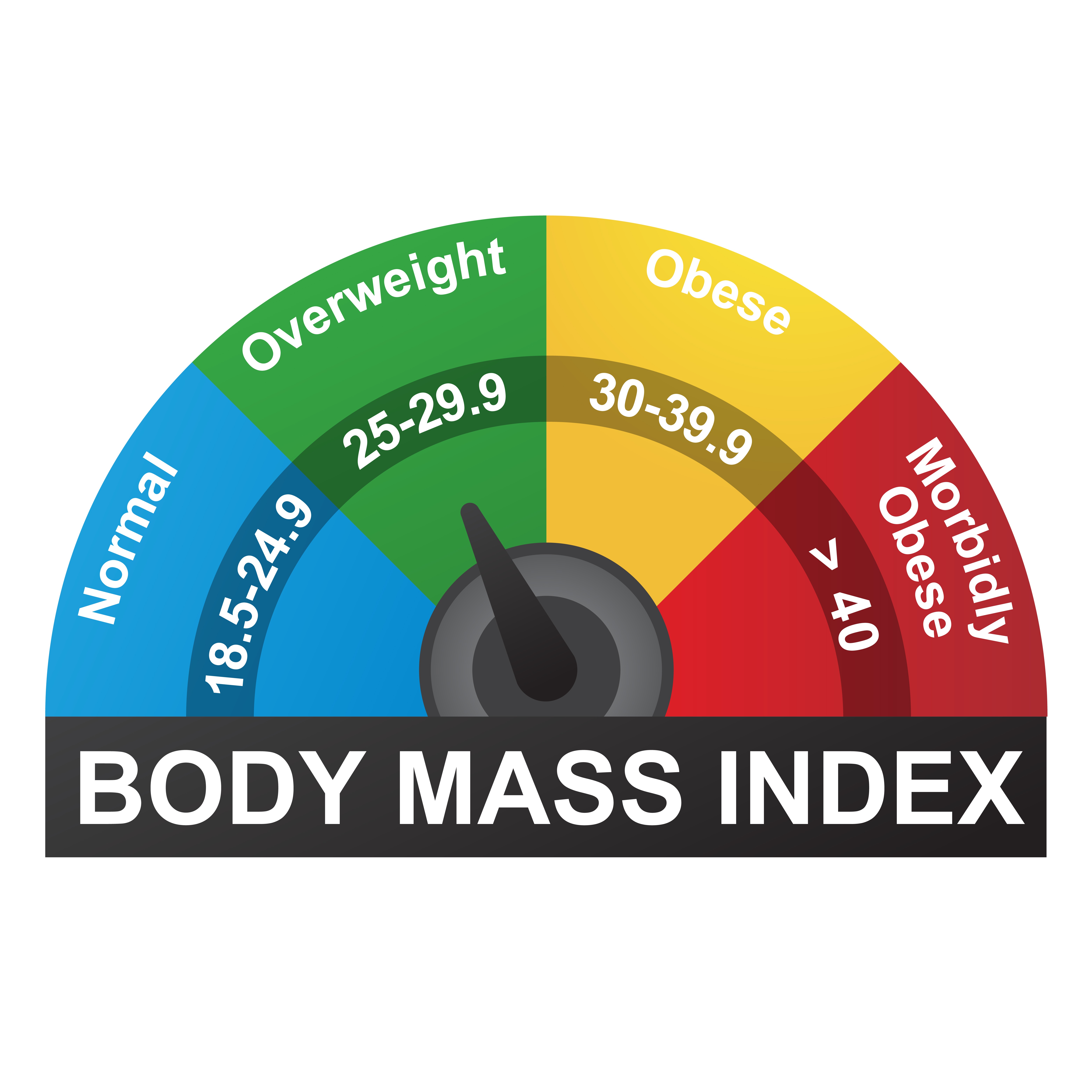
Protein is a macromolecule that has several key functions in the body, one of which includes maintaining lean mass during a period of weight loss. Therefore, adequate protein intake is essential before and after having bariatric surgery. Your physician and/or dietitian can help you determine what your daily protein intake should be.
Consume protein from lean, whole food sources. Food choices that are high in protein are also rich in a variety of vitamins and minerals, such as several B Vitamins, Vitamin A, Vitamin D, calcium, potassium, phosphorus, iron, selenium, and zinc.
Recommended foods that are higher in protein include:
- Poultry without skin
- Fish and seafood
- Deli meat slices
- Lean cuts of beef and pork
- Tuna packed in water
- Eggs and egg whites
- Low fat and skim milk
- Low fat cottage cheese
- Low fat, low sugar yogurt
- Cheese
- Soy milk
- Tofu
- Beans and legumes
- Nuts
Choose at least one source of protein to eat with all meals and snacks throughout the day. Serving sizes and total protein content range depending on the type of protein, but three ounces of meat, poultry, or fish can generally provide around 21 grams of protein total. Consistent protein intake throughout the day can help you feel full longer and enhance the body’s absorption of protein.
If you are unable to consume adequate protein from whole food sources alone, a protein supplement may be recommended once or twice daily to meet your minimum daily protein needs. When choosing a protein supplement, be sure to look for 20-30 grams of protein and <5 grams of added sugar per serving.
Recommended protein supplements include:
- Bariatric Advantage® High Protein Meal Replacement
- Ensure® Max Protein
- UNJURY™ Protein
- Premier Protein®
Call 817-832-7227 to schedule your appointment and discuss your nutrition in detail.
Article provided by: Jessica Wiklund, MS, RD, LD • Registered/Licensed Dietitian for Trinity Bariatric Institute, PLLC



